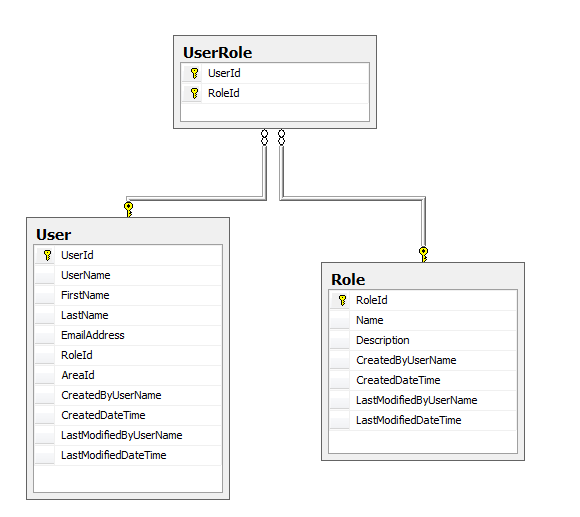Answer the question
In order to leave comments, you need to log in
How do you set rules for users?
I looked at this article
several times , and I also looked at this
one, as an example, VK api with setting access rights .
As for me, the idea of separating rights into bits is very interesting.
But there is not one BUT.
In the examples from the article on Habré, an example is too simple, and it is not suitable for my project (as it seems to me).
Let's say we have several sections (posts, audio, video, images, personal account, advertising account, admin panel, administrator, and 5 more pieces, let's say)
From posts to images, we can:
Answer the question
In order to leave comments, you need to log in
You yourself have thought of bit masks, already not bad.
You can bind access to roles. For example, the roles of guest, owner, admin, superadmin, whatever.
And each user has one or more roles. Guest - just watch, owner - watch, edit, delete, add, switch comments, etc., admin - watch, ban users and delete, for example (you know exactly what the admin has).
Or you can have a separate table with roles and a many-to-many relationship table to link roles to users.
Before RBAC was. The module searched files with controllers for all actions and displayed them as a list. Checkboxes indicated for which actions to generate rights. Further rights were assigned to the role. Roles per user. In the code, before starting any action, there was a hook that checked if the role had a right called "module:controller:action". Is - we carry out. No - 403 Forbidden.
There were a lot of problems. And in general, later we noticed that we assign rights once and no one else changes anything. Because all these rights are the business logic of our application. We do not make cms and we do not need to try to take these rules out of the code into the web interface. Business rules change - code changes. Now everything is easier. We write middleware like authenticated/locked etc. Middlewares are simply hung up on the desired action and transfer control to each other along the chain up to the action itself, and each of the middlewares can kill the request. It turned out to be more flexible, easier and more convenient than poking hundreds of checkboxes in the web interface, because absolutely any code can be written in middleware. Because it doesn’t happen that you need to prohibit comments on photos today, allow them tomorrow, and prohibit them again the day after tomorrow. Even if necessary, we will write the corresponding middleware, we will hang it on an action and roll it out to production, and we will not poke checkboxes every day in an incomprehensible web interface of access rights. Moreover, the customer still did not understand what kind of nonsense it was.NewsModule:NewsController:addActionno matter how much they explain to him that this is the name of the permission to add news, and the notation indicates for which module, controller and action, and the names of the permissions are so miserable, because they are automatically generated from the source code. His head exploded and he said, okay guys, it will be necessary to change, I'll dial you :)
Didn't find what you were looking for?
Ask your questionAsk a Question
731 491 924 answers to any question